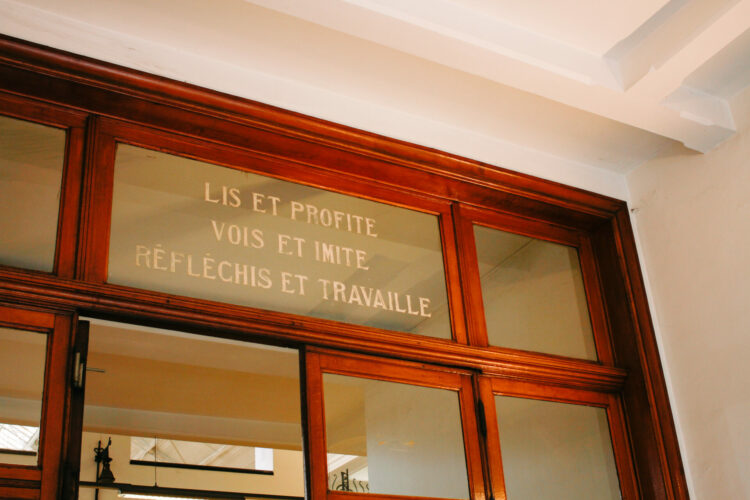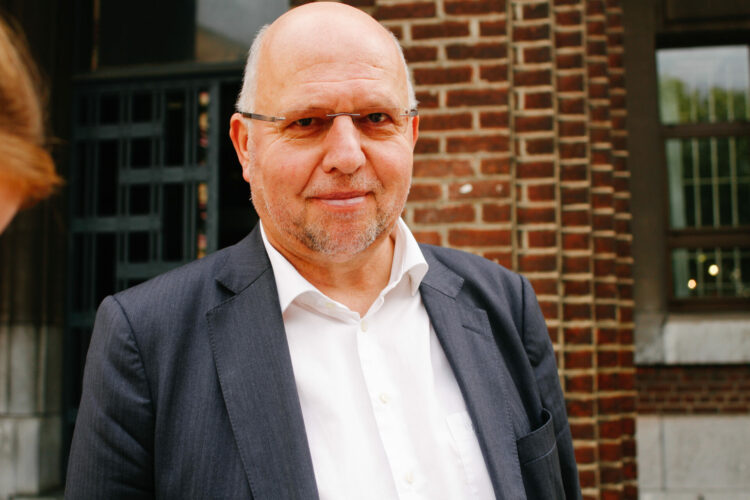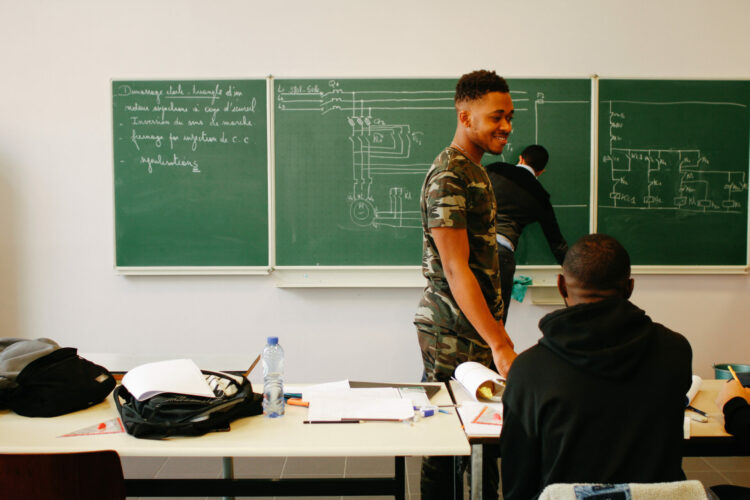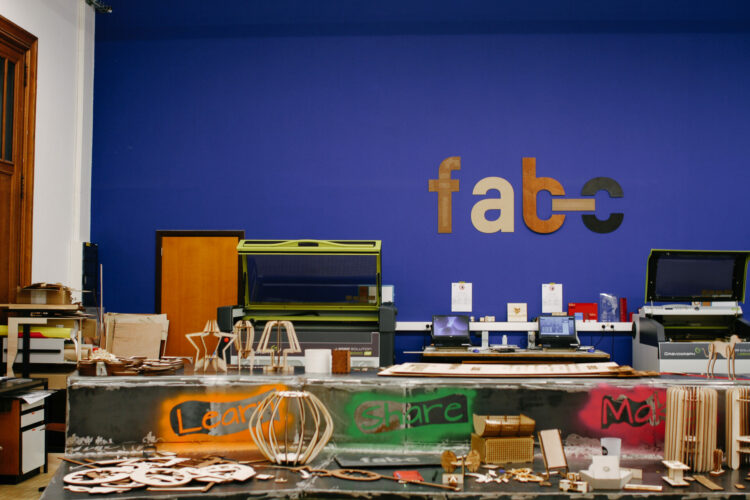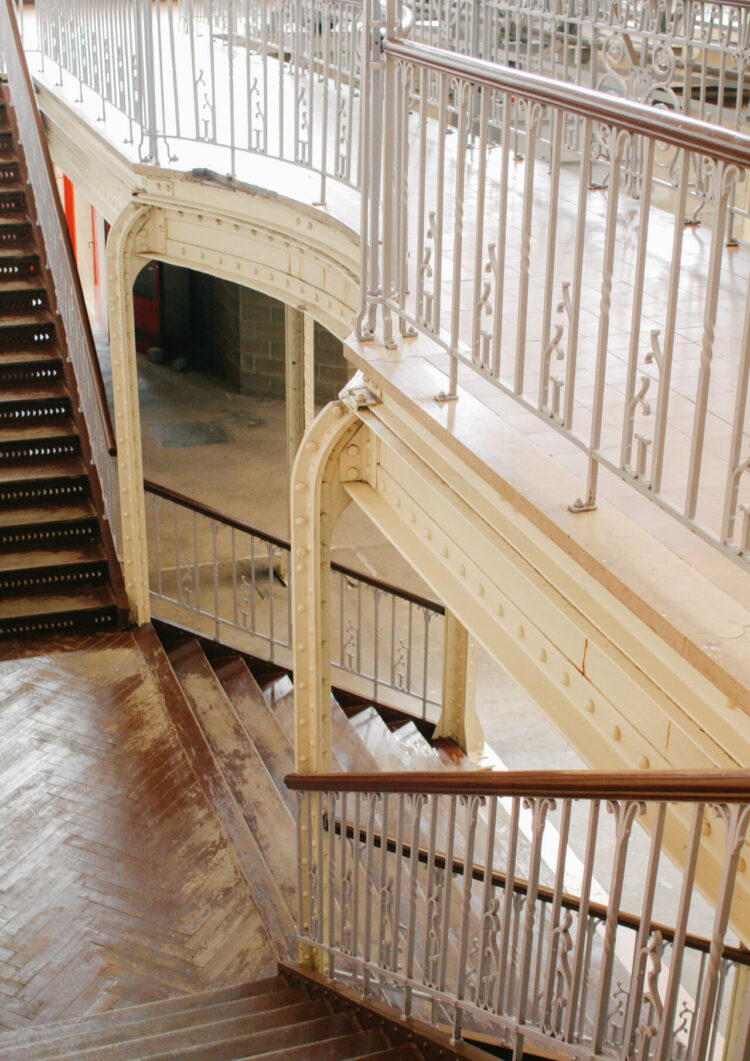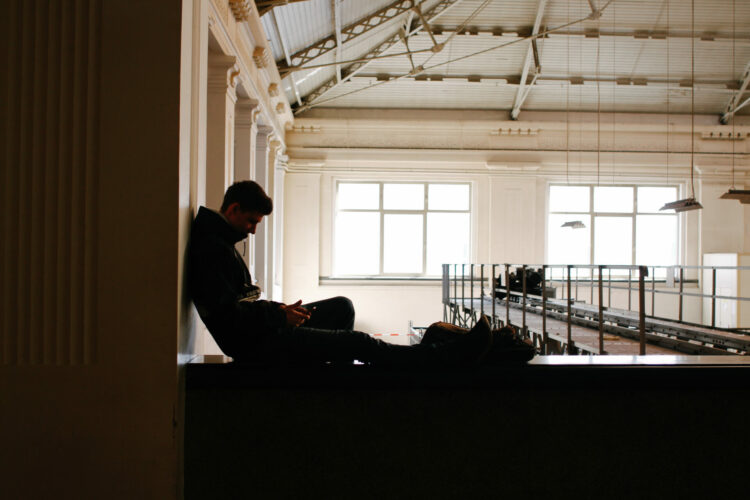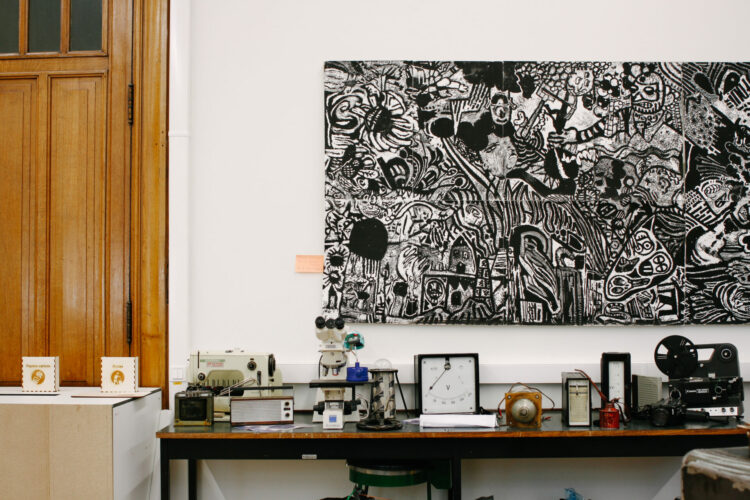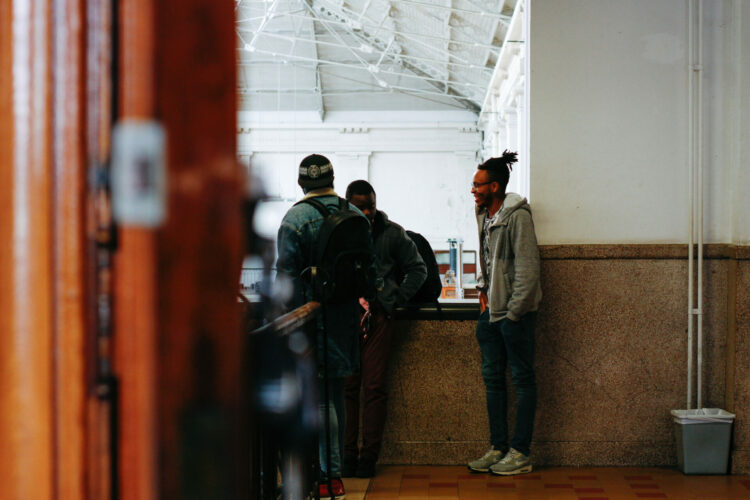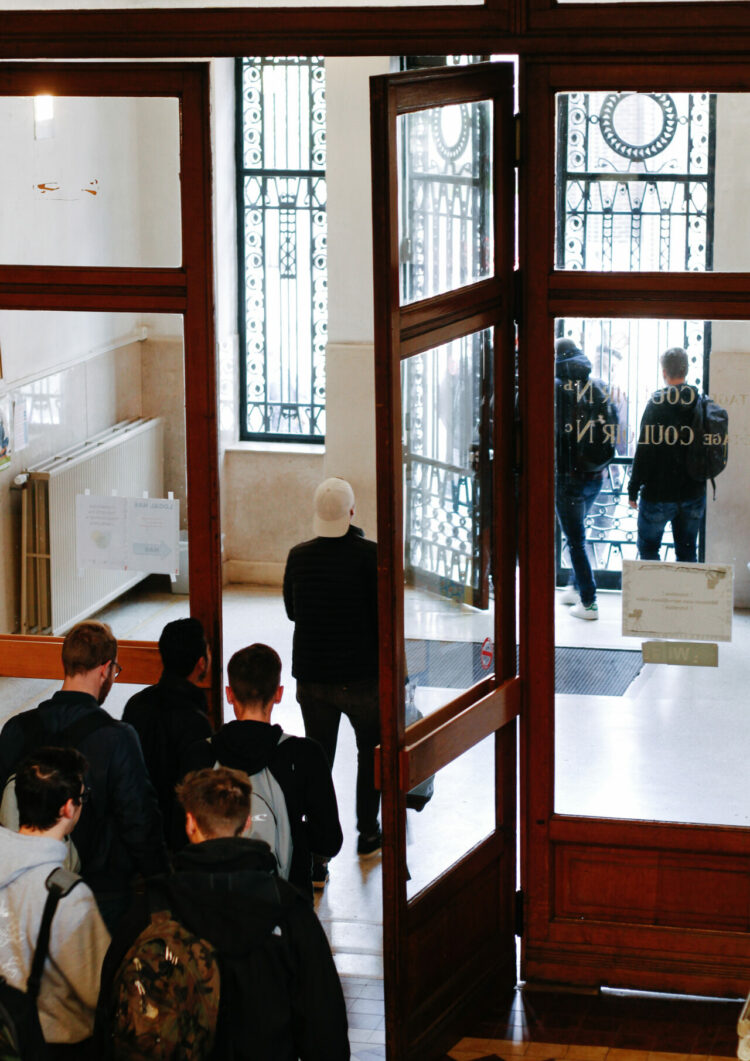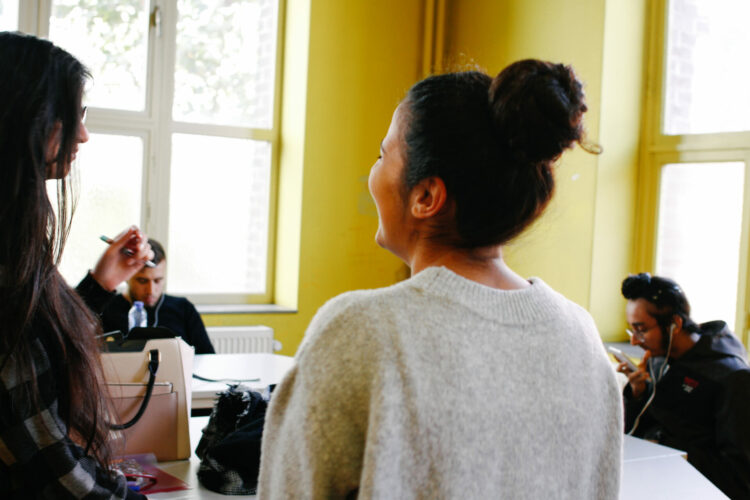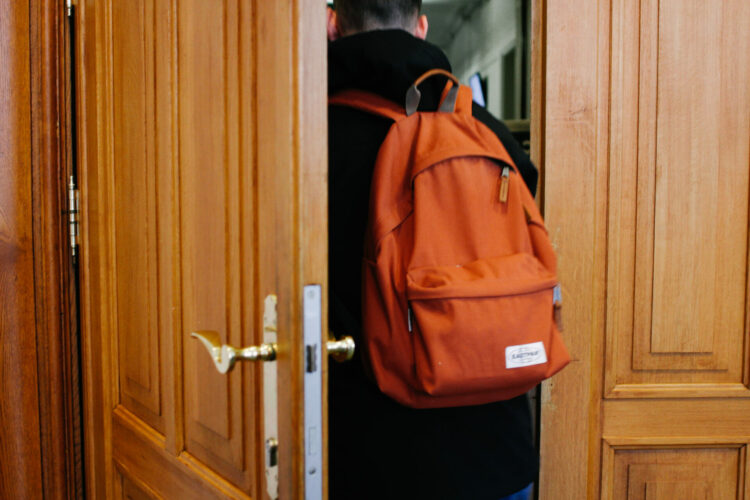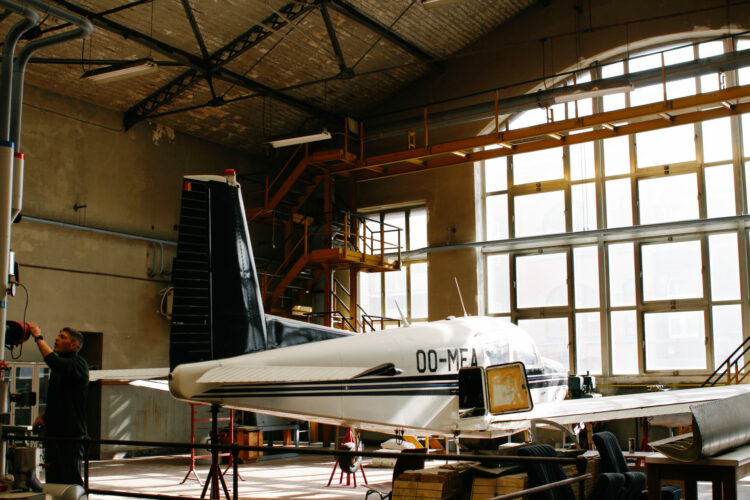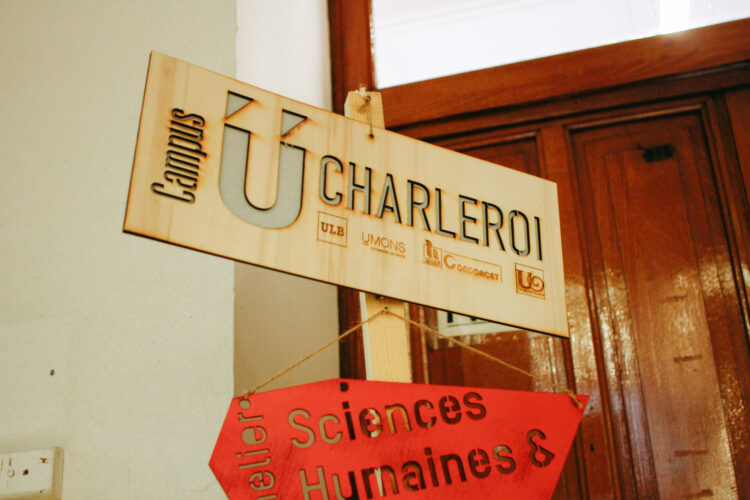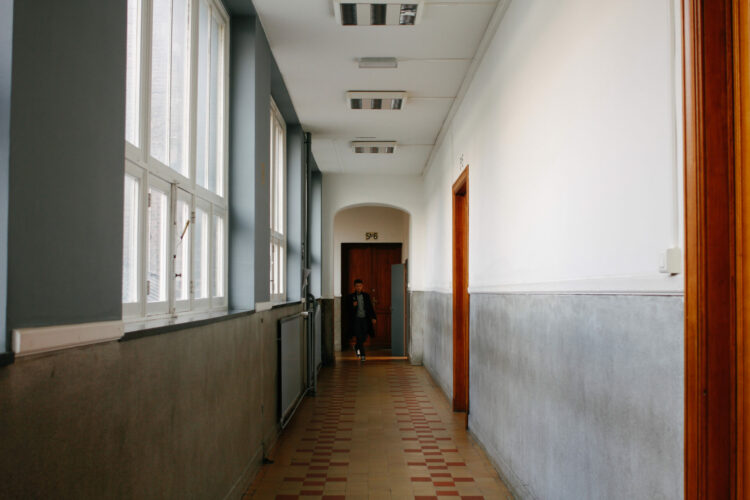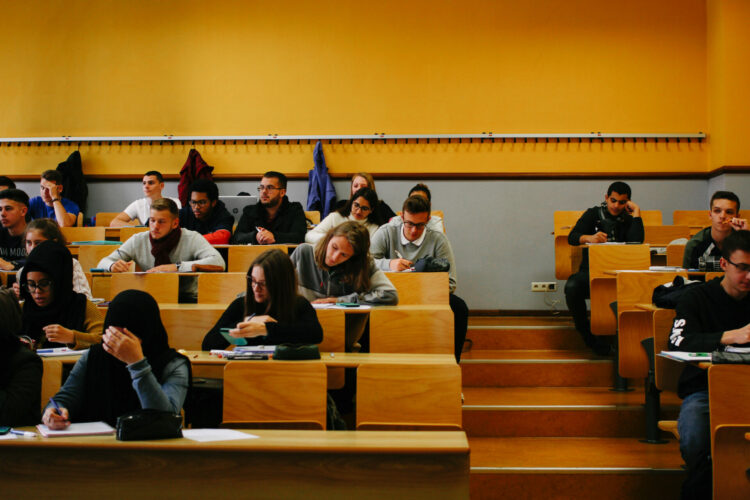Studying in Charleroi Metropolitan Area: the new trend
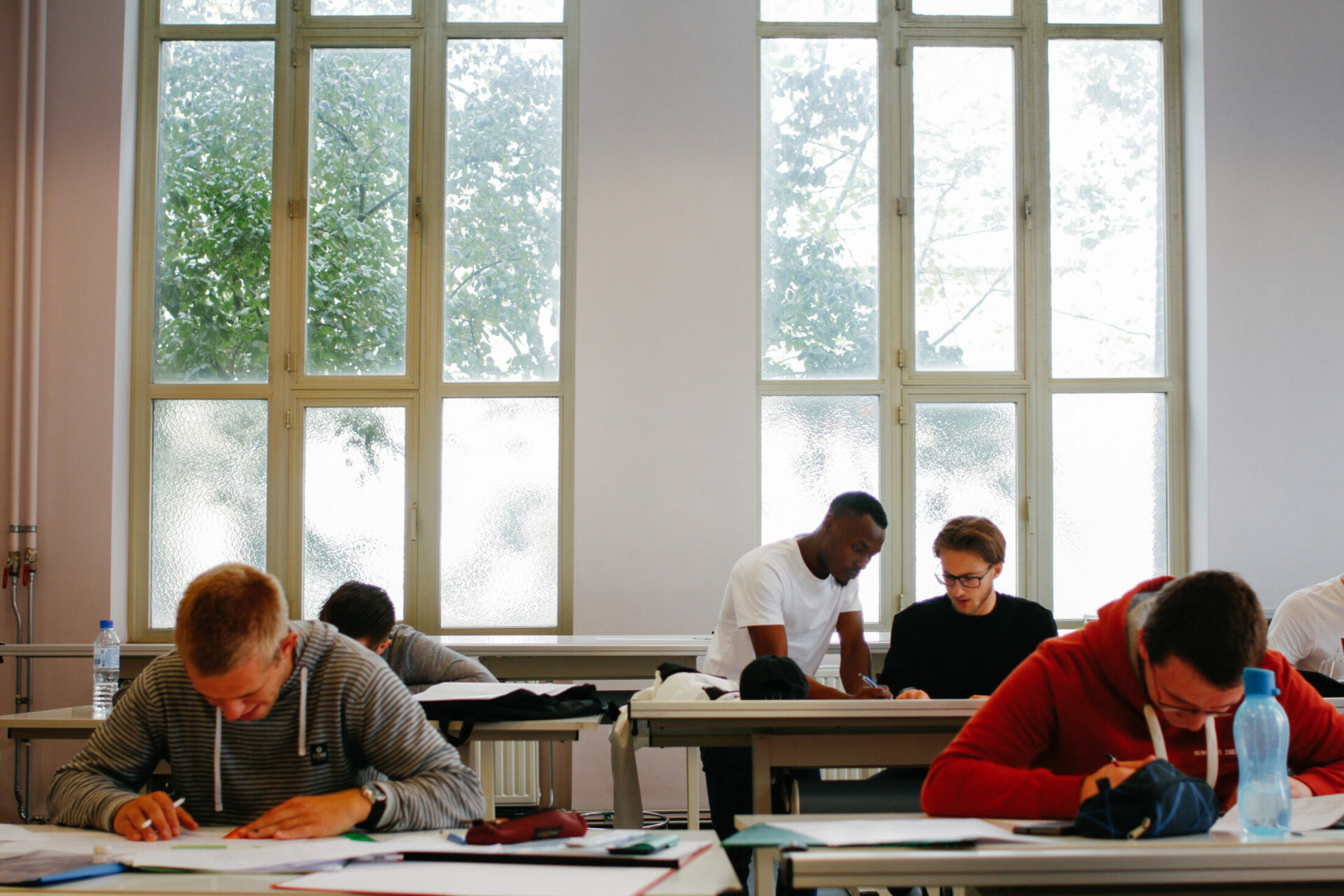
Studies: Charleroi Metropolitan Area
And this is just the beginning, according to the Open University.
Between 12,000 and 15,000 researchers, students, teachers and trainees, etc. will be descending upon the ‘Arts et des Métiers’ Campus, at the centre of Charleroi’s Zénobe Gramme university centre, when it is up and running in about two or three years’ time. “At the moment, the sites that will be used for classes are somewhat scattered across several locations in the Charleroi Metropolitan Area. In the future, the idea is to bring them all together, or almost all of them, in the city centre, as Charleroi is one of the few European cities with over 200,000 inhabitants not to have a real “campus”. The range of education on offer is getting broader and broader and is proving highly successful with people in the region,” explains Dominique Cabiaux, chief executive of the Open University, which is a higher education provider mainly based in Charleroi.
The idea that it is not easy to enter higher education in Charleroi has been lingering for a long time. It is an outdated concept and the range of higher education in the region just grows and grows.
Like all major agglomerations, the Charleroi Metropolitan Area is giving careful thought to the range of education it offers, whether it is initial or continual, secondary or higher, for the purposes of qualifications or vocational certificates. No university has selected Charleroi as its main base, but the city is densely populated by ULB, UCL and UMons, as well as other higher education institutions (the Condorcet provincial technical college or the Leuven in Hainaut technical college (HELHA)) and further education with a social vocation.

The Open University, in its capacity as an SCES (Collective Structure for Higher Education dedicated to lifelong learning), is a service provider to these institutions and the “life blood” of the region (social and economic partners as well as regional development stakeholders). It aims to remove the obstacles that often get in the way of higher education institutions setting up to address the human capital development needs in the region.
“The idea is not to copy the educational options that already exist elsewhere, but to build together a series of courses which meet the region’s needs,” explains Dominique Cabiaux. “Our region is undergoing large-scale redevelopment and it is important to make sure we have the corresponding talents which are essential in performing new roles, specific to these new jobs.”
Specific training: serving the local economy
The courses developed by the OU (and given by academic partners) are firstly put together according to the needs expressed by social and economic partners. It is important to look at where resources are stretched or there are shortages. To do this, the Open University identifies the unmet needs within a support committee on which representatives of the Strategic Development Committee sit, from the ‘CATCH Unit’, trade unions, employers’ organisations, etc.
It then maps out the programmes that already exist within the perimeter of the Charleroi Metropolitan Area and in the Wallonia-Brussels Federation. ‘Having educational institutions close to home is essential. When the distance between home and the centre of learning extends beyond 30 to 40 km, it becomes a real obstacle, as everything becomes more challenging: travel time, potential accommodation costs, etc.,’ he explains.
The Open University is a real ‘education incubator’
If there is no supply to match the identified demand, the Open University contacts the ‘traditional’ education providers. ‘The ideal is to bring together several providers in order to offer real added value to the programmes on offer, by drawing on our partners’ respective strengths. Our aim is to create the education that companies want to see appearing on the CV of anyone applying for a job with them,’ he adds. ‘For example, electronic energy training is now offered and is proving immensely successful. It was the subject of lengthy discussions, an initiative from the CATCH Delivery Unit, with some of the region’s flagship companies such as Thales and Alstom. You might say that it perfectly matches the regional need in terms of development, a need that wasn’t being met before now’.
People in demand and specific methods
We have increased the number of domains in which we can accommodate programmes corresponding to the demand from companies or individuals. ‘We have contributed to introducing a certificate in not-for-profit management with two universities. The region has strong ties with not-for-profit associations and the day-to-day running of them is becoming increasingly complex. This programme offers the tools for managing these new tasks and responding to the demands of the subsidising powers,’ he says.

We are also seeing that the development of the Biopark in Gosselies is boosting demand for people who have undertaken higher education studies in the field of biomedicine. The OU is a provider specifically designed for setting up programmes in association with these new outlets. The courses offered by the OU in the domain of safety in the workplace and prevention of accidents are also proving hugely popular.
Education adapted to people’s needs
Furthermore, the dynamism in the region and its development have helped to adapt education methods to the reality on the ground. In addition to basic training, there are many opportunities to learn via work-based learning, continual or lifelong training, or complementary training. ‘The major challenge for the next few years, given developments in work and the gathering pace of these changes, is to see this idea of lifelong learning gain traction. This means developing more courses that allow education to be combined with working life and personal life. New learning methods are also at the heart of our discussions,’ he explained.
A little taster of what lies ahead
Over the past few years, the range of programmes on offer has grown significantly. It is especially growing in the context of new learning environments. ‘A centre for educational innovation is in the pipeline, which will also involve our partners in higher education. It will open up multiple possibilities for learning in higher education, such as distance learning, flipped classrooms, etc.’
By 2022, the CampusUCharleroi ought to be up and running. The aim is to gather together several current learning providers: ULB, UMons and higher education from the Province of Hainaut. This renewed dynamism will put a definitive end to the Charleroi Metropolitan Area’s reputation for suffering from any type of higher education handicap. It is also important to note that the Open University is there to serve all those involved in higher education, not just the select few.

ULB, UMons and the Open University. The project invites children aged between 6 and 12 to take part in half-day workshops, in which teachers-moderators answer any questions that have piqued their curiosity (‘Why does a ball bounce?’ or ‘Why is snow white?’), through interactive and entertaining workshops. ‘The project gives children a taste for learning and shows them the range of studies on offer here,’ he clarified. ‘It is one way of stamping out stereotypes which, still all too often, are obstacles for our young people. We need to debunk the myth that university is not for them.’
And for those thirsty for more, the day-long workshop ‘When I grow up, I want to be…’, organised by the Hennuyer academic network, with the Open University and the Cité des Métiers, allows young people in their final year of secondary school to discover many different jobs, by talking to professionals or visiting companies. These young people, who often find it difficult to choose a higher education course, gain insights into what it is really like to do a particular job and where the training comes in. This day has been a huge success for the past two years. The catalogue of studies also offers a comprehensive overview of what is available in the Charleroi Metropolitan Area.
Contact:
Université Ouverte de la Fédération Wallonie-Bruxelles
Avenue Général Michel, 1B
6000 Charleroi
+32 (0)71 65 48 30
info@uo-fwb.be
https://www.uo-fwb.be/
©Photos/Lou Verschueren
